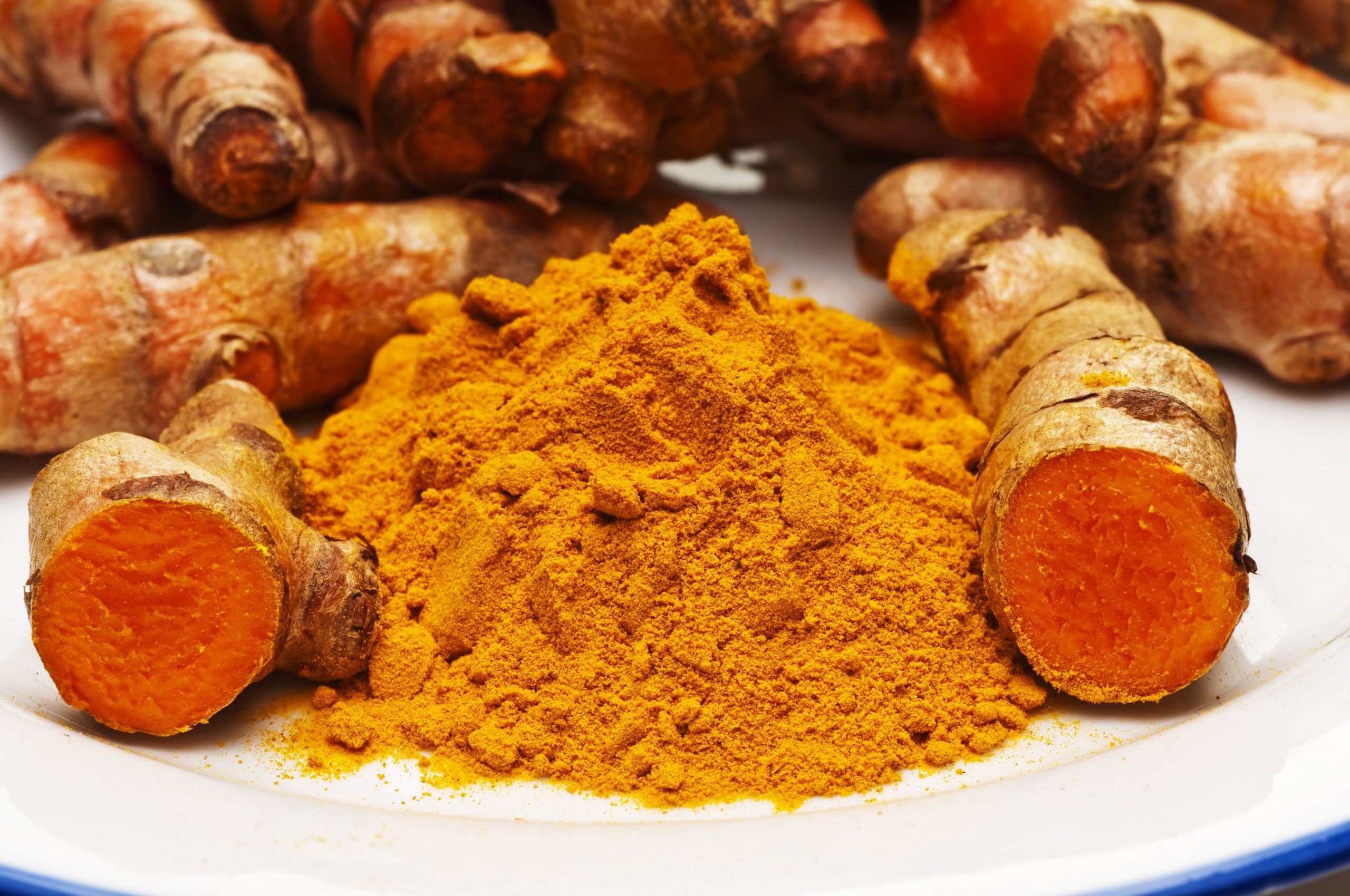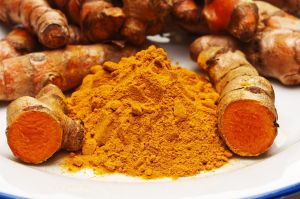Curcumin is one of the hottest products in the office today. Patients are consistently asking us for it as it seems that their awareness has grown about curcumin. People are aware of not only its anti-cancer properties but also its role in the prevention of Alzheimer’s disease.
Curcumin is the same thing as the herb turmeric which is a type of ginger. The Latin name for turmeric is Curcuma longa which gives curcumin its name. It is well known for its anti-inflammatory effect as it is a cox-2 inhibitor. Curcumin increases cellular levels of glutathione and activated phase II enzymes which help with the body’s natural detoxification process.
With all the benefits it isn’t surprising that many people are using cucumin. However there is one major problem with curcumin. To get these affects you need to have curcumin into your blood stream from your gut. This is a big problem as the oral absorption of curcumin is very low. In fact, one study found that curcumin couldn’t be detected in the blood of anyone taking less than 4 g per day.
The good news is there is a new product on the market called Meriva®. Meriva® is a standardized curcumin specially formulated to enhance absorption. Meriva when compared to regular curcumin had an absorption rate of approximately 29 time that of the regular curcumin. Meriva can help enhance blood levels with a much smaller dosage.







